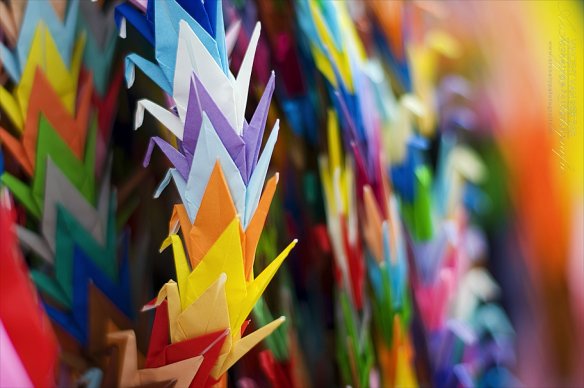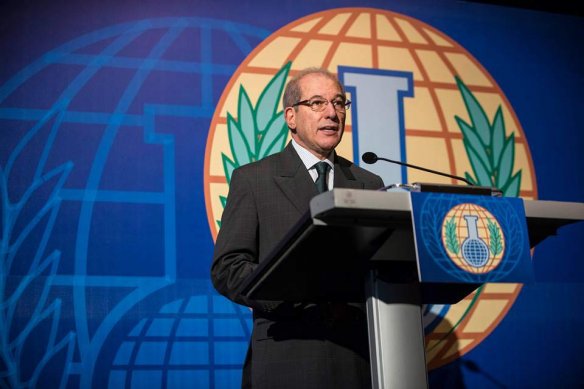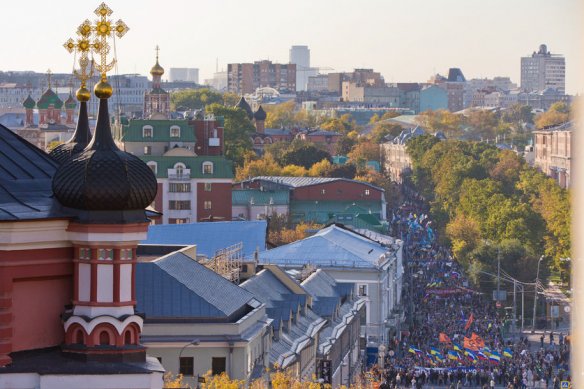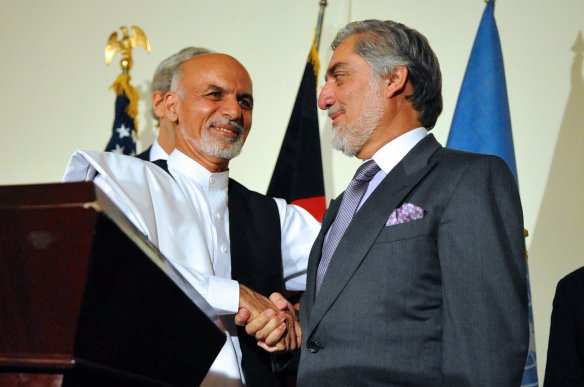The Nobel Peace Prize has been awarded to two people, from two countries with shared challenges. But the award raises questions: Does India have the will to abolish child labour? And can Malala Yousafzai influence Pakistani women and girl’s rights from abroad?
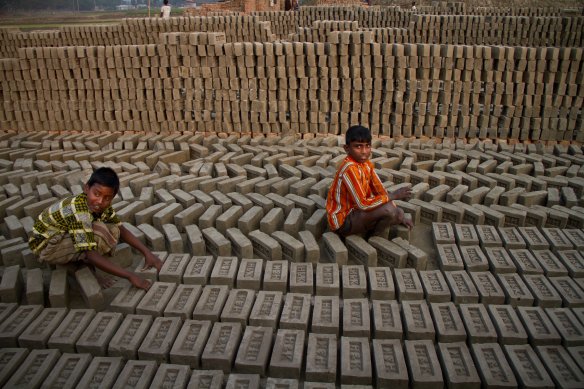
Child labor is a regional problem, here are young boys turning over bricks at one of the hundreds of outdoors kilns that ring Bangladesh’s capital of Dhaka. Across South Asia, boys and girls are recruited to manual labor positions in order to help provide for their families. Often, this means that they must drop out of school in order to help the family get enough money for food and shelter.
Photo: Jason Miklian, PRIO
The two candidates who were awarded this year’s Nobel Peace Prize are of different ages and experience. What they have in common, however, is the importance they attach to children’s, young people’s and girls’ rights, and the hope that this will contribute to a more peaceful world in the longer term. At the same time, the awarding of the prize raises two questions: whether there is the political will in India totally to abolish child labour; and what influence an activist based outside her own country can have on improving the situation of girls and women in Pakistan.

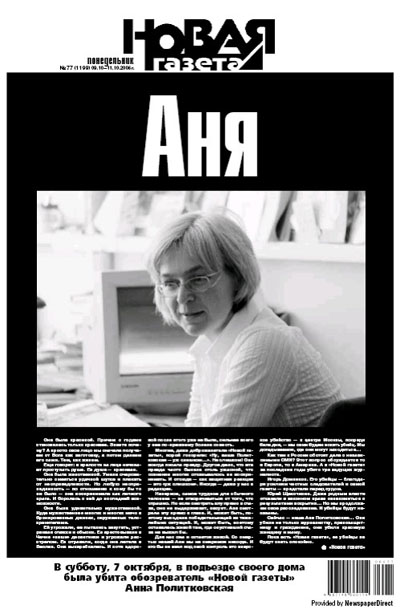

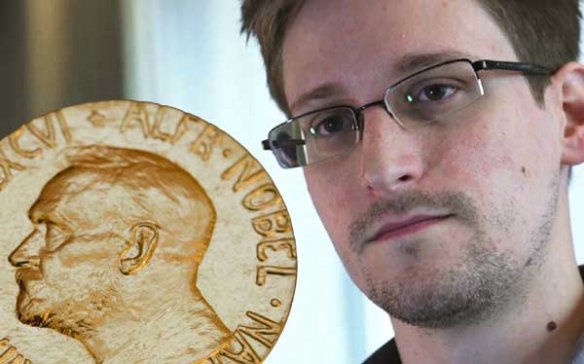 Along with previous years’ nominations of Julian Assange and Bradley (Chelsea) Manning, Snowden’s candidacy brings attention to one of the largest threats to liberal societies as we know them: traditional human – hence limited – intelligence is replaced or supported by seemingly limitless technology, electronic surveillance and big data.
Along with previous years’ nominations of Julian Assange and Bradley (Chelsea) Manning, Snowden’s candidacy brings attention to one of the largest threats to liberal societies as we know them: traditional human – hence limited – intelligence is replaced or supported by seemingly limitless technology, electronic surveillance and big data. 